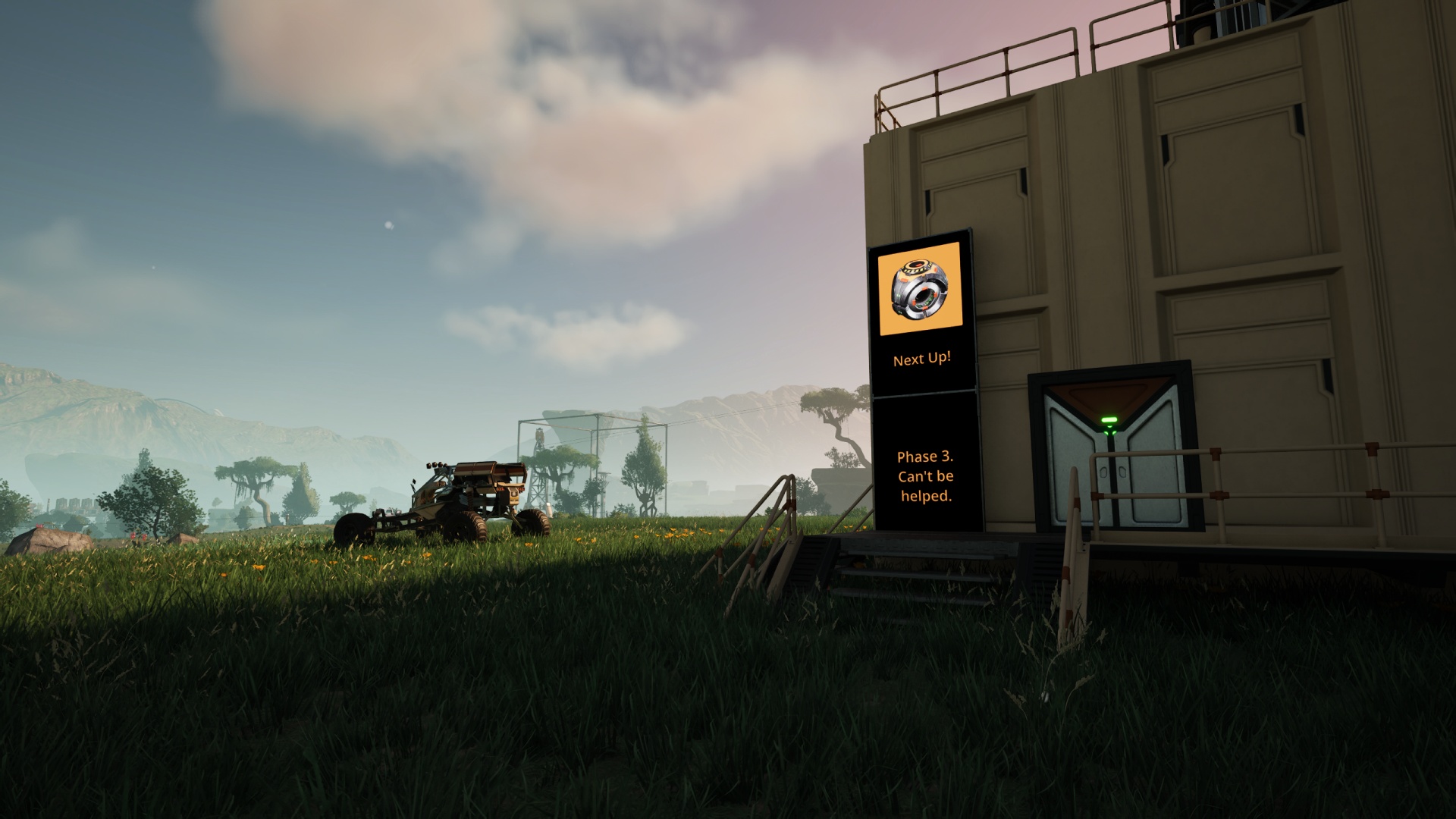Over the weekend I finished off my first playthrough of Fire Emblem Engage, and I’ve been sitting with it for a little bit to percolate my impressions. Overall, in general? It’s a perfectly serviceable tale. There’s nothing groundbreaking in it, nor is there anything absolutely awful.
I don’t want to spoil specific details, but I can’t really talk about my reactions without giving some general things away, so… bail now if you aren’t done with the game and want to avoid anything spoiler-ish. For that matter, I’m also going to talk about some comparisons with Three Houses, so… again: Beyond this point there shall be spoilers-of-sorts.
OK, so let’s get into it.
The game gets you from start to finish very effectively. You’ll probably roll your eyes at various moments but it’s not nearly as bad as I expected from all the pre-release reviews disparaging the story & characters as anything from “weak” to “awful.”
(Yeah, the characters remain largely one-note wonders, with some notable exceptions. Can’t win ’em all.)
Your main character wakes up with no memories, is thrust into the forefront of a battle against a world-ending threat, makes friends along the way, faces a couple of big setbacks (one of them rather debilitating… if you didn’t pay extra for the DLC), learns some secrets, and in the end saves the day with (more or less) The Power of Friendship. There’s a bittersweet final scene and… roll credits.
I liked the game well enough to start a new playthrough, and got through the first few quick instructional & worldbuilding chapters with the story’s ending fresh in my mind, and that got me thinking:
So you have a mystery fighter with questions hanging over them regarding parentage and provenance, an odd relationship with an erstwhile mother figure who’s definitely keeping some secrets, and they have to watch their lone parental figure (that they know of) die at the hands of an evil smirking plot-relevant henchperson. Quick, which game am I describing, Engage or Three Houses?
Right. (While we’re at it, what is it with these games and parental figures? Fathers tend to be either terrible or killed off, and mothers tend to just get killed off. Yikes, y’all.)
And the fact that they’ve found a new way to tread familiar ground is just fine. The story in a strategy game is just there to get you from one map to the next, especially in this game series. The reason they get away with it in Three Houses is how much you end up loving the characters. The reason you notice the cracks in the facade in Engage is… well. You get the idea.
It’s a good thing that the strategy gameplay in Engage is absolutely superb, let’s put it that way.
I want to give them credit for one story element that genuinely worked for me: Everything about Veyle. Like, start to finish, that story thread was well-told. Could you see the various “reveals” coming? Sure. But the presentation was solid. They did a good job of taking the player along on the ride. I cared, dagnabbit. Heck, I even cared about the demise of… well, spoilers. If you know, you know.
One thing late in the game took me completely out of Engage’s story, though, and guarantees that I can’t take the full plot seriously. At nearly the end of the game, it goes wibbly-wobbly timey-wimey.
That’s right, you (the protagonist with the dual-colored hair) go back in time and meet past!Alear. And that Alear meets the Lumera (your Divine Dragon mother figure) of that time. These meetings kind of set up… the whole plot. If you didn’t try to stop the big bad’s plan and end up going back in time, none of this would’ve happened. (And the big bad would’ve… won by default? I guess?) But there’s a causality problem. You had to do the thing in order to be able to have done the thing. You couldn’t have done the thing if you didn’t do the thing. You made the decision because you made the decision because you made the decision. There’s no before and after, there’s just a loop with no entry point. It makes no sense. How did the first version of you get to the point of even being able to trigger the back-in-time event when that version of you couldn’t exist and/or have survived and/or have ended up like you are?
Yeah, one can handwave this as typical fluffy time-travel shenanigans but I can’t not think about it. It’s exactly the kind of thing that sticks in my brain and breaks a story for me.
But I’m going to play again anyway, because the story is just there to get me from gameplay map to gameplay map, with characters that I… well, my feelings about them range from “barely tolerate” (shush old man, nobody asked your opinion) to “actually enjoy” (Yunaka is best, don’t bother debating me you know I’m right) let’s be honest.
I still recommend the game, but I also freely admit that as soon as I was done with my first Engage playthrough I played some Three Houses for a while, and it was so nice to be back with characters I adored in a politically messy world full of intrigue and challenges.
To each their own, perhaps.
